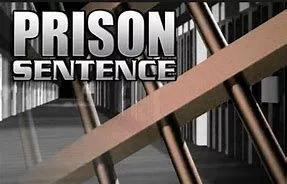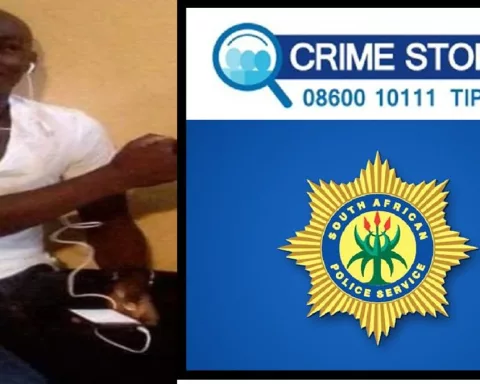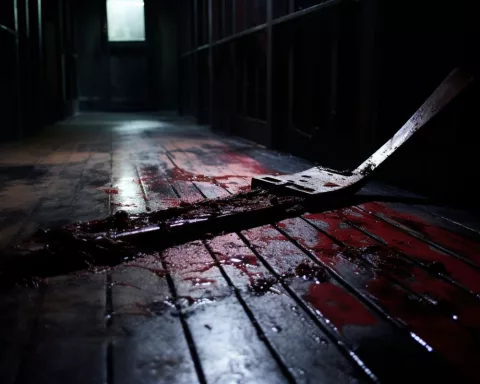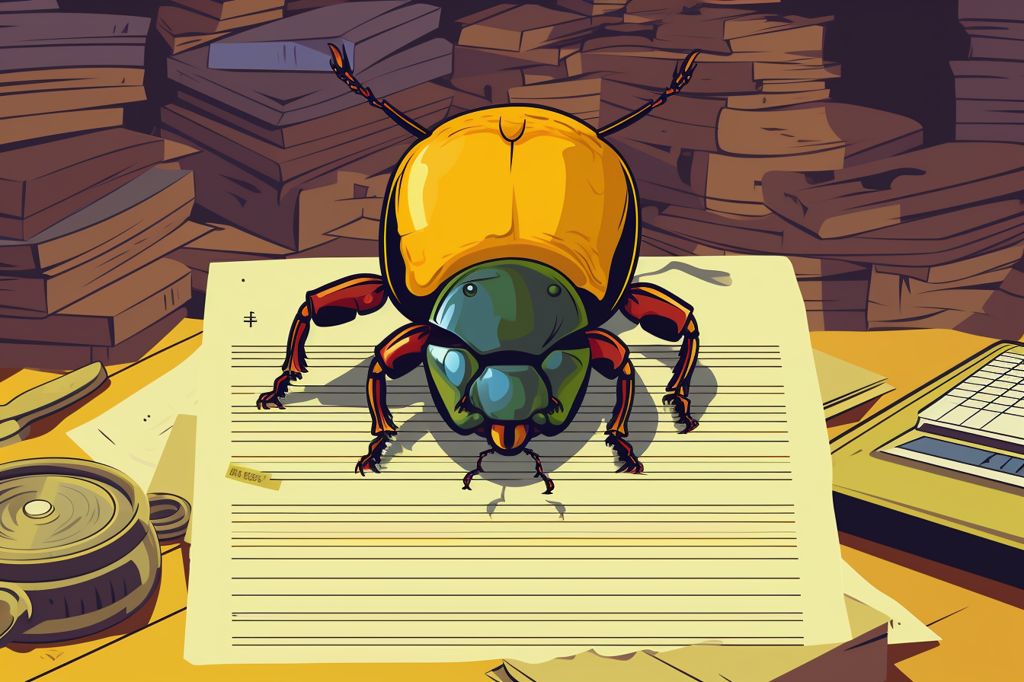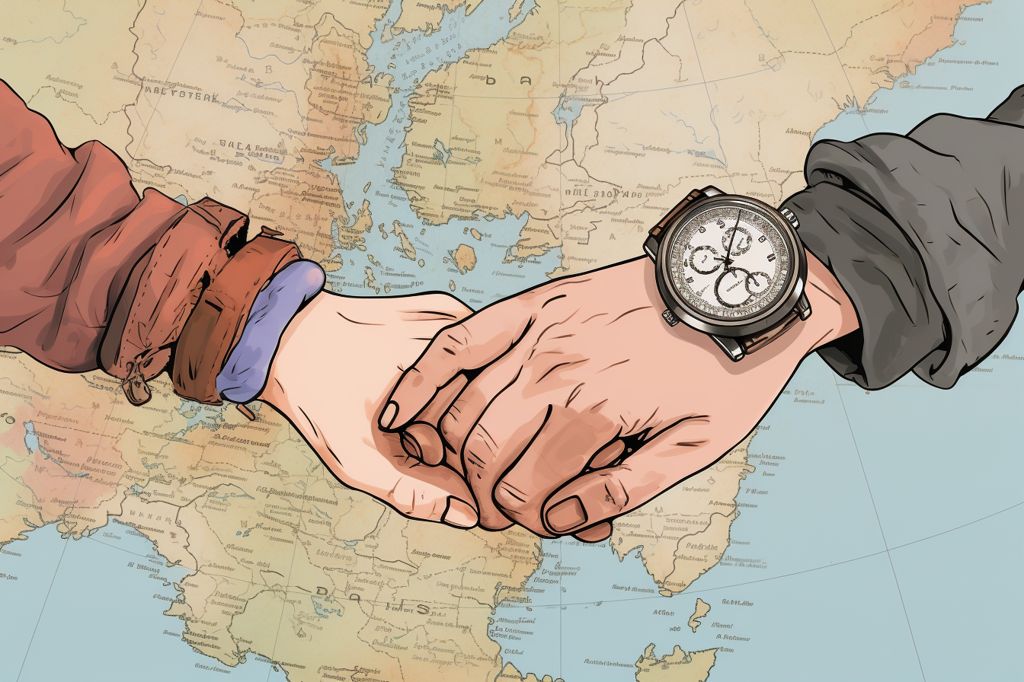The Blue Downs Magistrate’s Court has refused bail to Arthur Wheeler, a man accused of committing heinous crimes against an innocent 8-year-old child, Daniel Jamneck.
Accused of serious crimes against a child
Arthur Wheeler, previously convicted of rape, stands accused of raping, assaulting, and murdering Daniel Jamneck during a sleepover at Wheeler’s home. The child was a friend of Wheeler’s son, and the crime is believed to have taken place on 15th June while the two boys slept in the same room. The suspect’s son is now expected to become a key witness for the state in its case against his father.
Relief from the community
The court’s decision to keep Wheeler in custody has elicited relief from the community of Peerless Park North, particularly those who feared for the safety of other children in the neighborhood. The prosecution’s victory in denying bail to Wheeler was celebrated by several community members and activists, including Candice van der Rheede, the founder of the Western Cape Missing Persons Unit.
Questions and trauma
The tragic loss of Daniel Jamneck has left many questioning whether there were any warning signs that could have alerted them to the potential danger Wheeler posed to the children around him. A family member of the landlord, who knew Wheeler, lamented, “We have so many questions and we all feel like we failed him. Why was he so confident that he would get out?”
The landlord’s daughter, who cannot be identified, spoke of the family’s trauma following the incident and the suspicion directed at them by the community. “We want people to know that we are not supporting him,” she said. “My mother was in shock as he has never shown this side of himself.”
Seeking justice for Daniel Jamneck
As the case against Arthur Wheeler progresses, the community of Peerless Park North is left to grapple with the devastating consequences of his alleged actions. The denial of bail provides some solace, as it ensures that other children are protected while the legal system seeks justice for young Daniel Jamneck. The case, set to resume on 14th August, is a stark reminder of the critical importance of vigilance in safeguarding the most vulnerable members of society.
Remembering Daniel Jamneck
Despite the overwhelming sense of grief and loss that pervades the community, the life of Daniel Jamneck will not be forgotten. His death, while shattering, has potentially saved other children from falling victim to similar atrocities. As one community member poignantly reflected, “It is sad that Daniel’s life had to be taken away to save other children. He saved a lot of other children because he (the accused) will be put away.”


